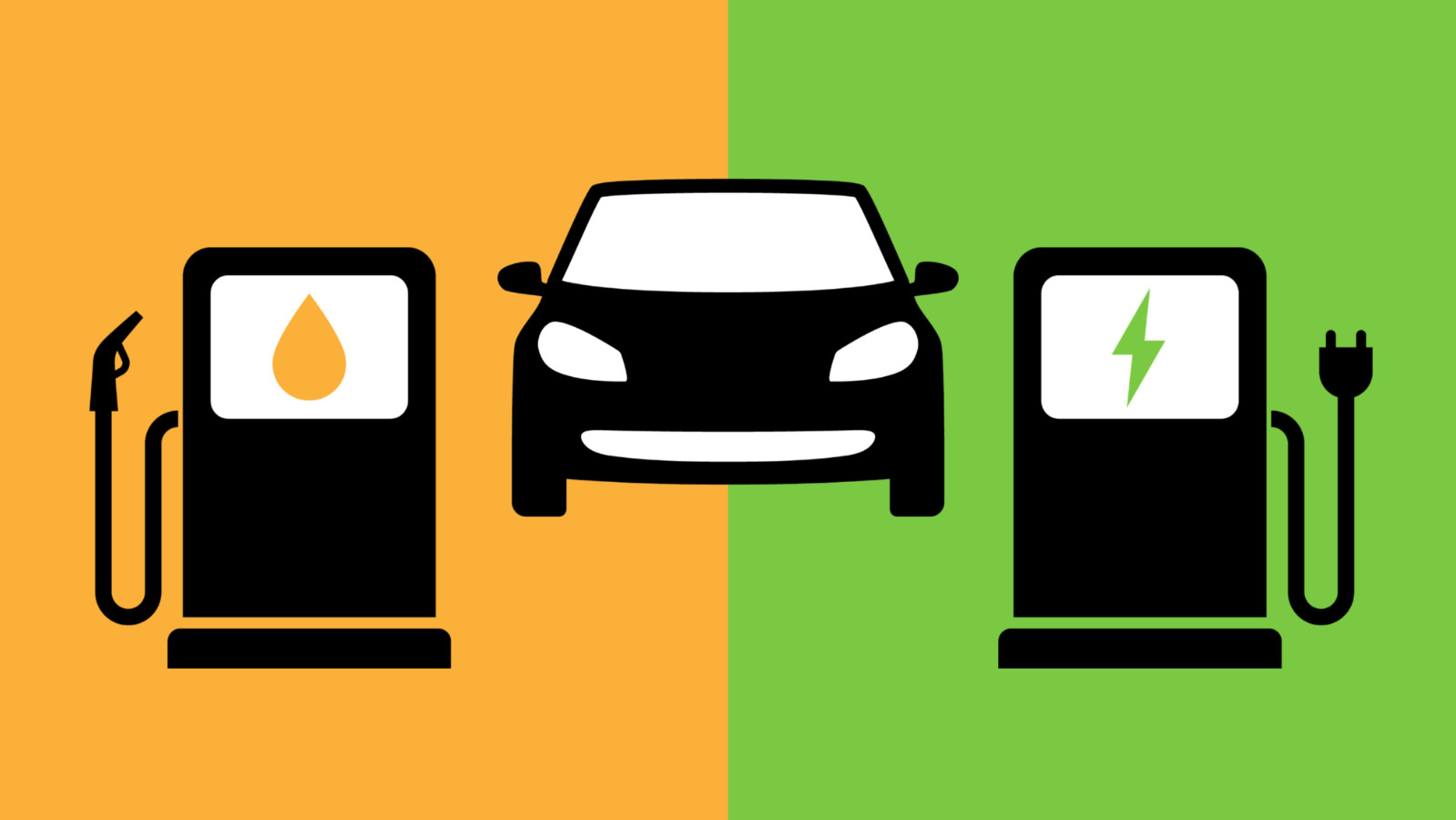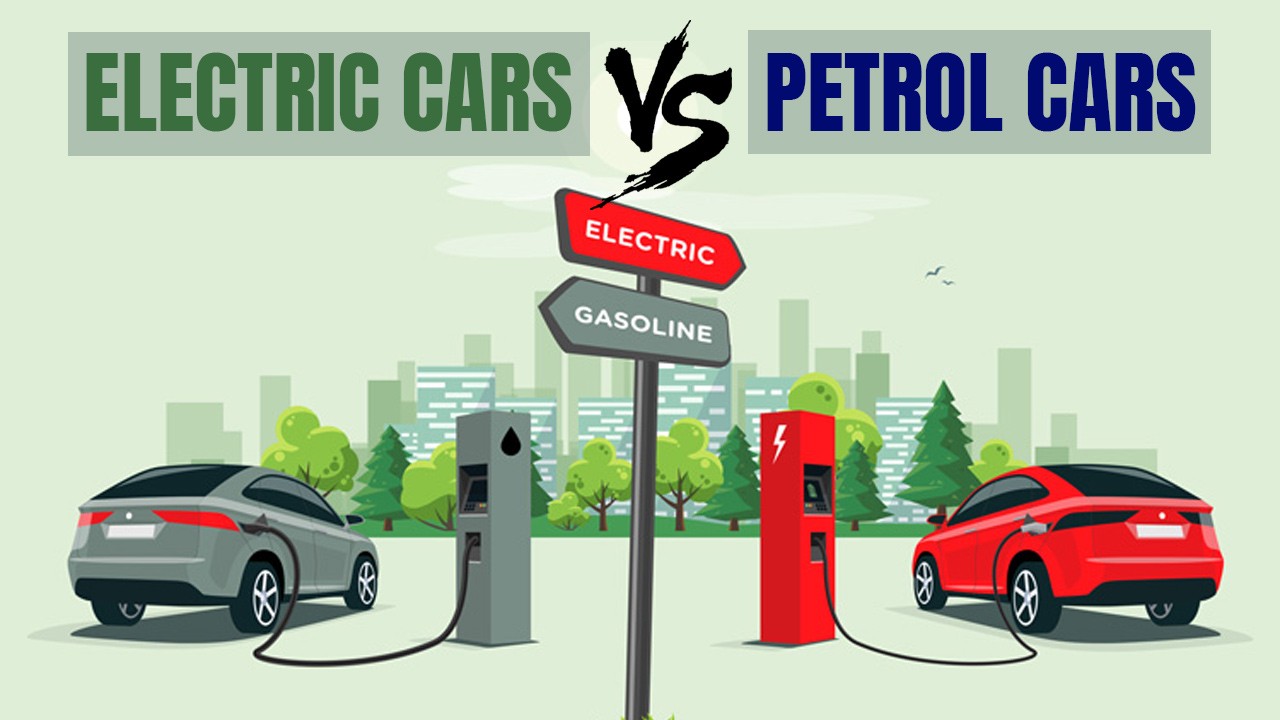In the evolving landscape of transportation, the debate between petrol-fueled vehicles and electric cars continues to grow. Both options offer distinct advantages and drawbacks, making it a challenging decision for consumers to determine which is the best choice for their needs.
From environmental concerns to cost considerations, there are numerous factors to consider when comparing petrol’s vs. electric cars.
In this ultimate guide, we will explore the key differences between the two types of vehicles and provide valuable insights to help you make an informed decision for your next car purchase.
1. Fuel Efficiency and Environmental Impact

When comparing the fuel efficiency and environmental impact of petrol and electric cars, there are significant differences to consider. Petrol vehicles rely on non-renewable fossil fuels, emitting harmful greenhouse gases such as carbon dioxide into the atmosphere.
This contributes to air pollution and global warming, making petrol cars less environmentally friendly. On the other hand, electric cars run on electricity, which can be generated from renewable sources like solar or wind power.
This results in zero tailpipe emissions and reduces the overall carbon footprint of the vehicle. Additionally, electric cars are more energy-efficient than petrol cars, requiring less energy to travel the same distance.
Overall, electric cars have a lower environmental impact and are a more sustainable choice for the future of transportation.
2. Cost Comparison and Maintenance

When comparing the cost and maintenance of petrol and electric cars, there are several factors to consider. While electric cars typically have a higher upfront cost compared to petrol cars, they often have lower maintenance costs in the long run.
Electric cars have fewer moving parts, which means there is less wear and tear on components like spark plugs, oil changes, and other regular maintenance items. Additionally, with lower fuel costs and potential government incentives for electric car owners, the total cost of ownership of an electric car can be significantly less than a petrol car over time.
However, it is important to note that the cost of replacing the battery in an electric car can be expensive, so this is something to factor in when considering the overall cost comparison. Ultimately, the decision on whether to choose a petrol or electric car comes down to individual preferences, driving habits, and budget considerations.
3. Performance and Driving Experience

When comparing the performance and driving experience of petrol and electric cars, there are several key factors to consider. Petrol cars are known for their powerful engines and quick acceleration, providing a thrilling driving experience for those who enjoy speed and responsiveness.
On the other hand, electric cars offer instant torque and smooth, silent acceleration, making for a more serene driving experience. Additionally, electric cars tend to have lower maintenance costs and a lower cost of ownership over time due to fewer moving parts and less wear and tear on the engine.
Overall, both petrol and electric cars have their own unique advantages when it comes to performance and driving experience, so it ultimately comes down to personal preference and individual driving needs.
Conclusion
In conclusion, when choosing between petrol and electric cars, it is important to consider factors such as cost, environmental impact, and convenience. While petrol cars may be more affordable upfront and have a longer driving range, electric cars offer lower maintenance costs, zero emissions, and are increasingly becoming more accessible with new charging infrastructure.
Conducting a car reg check can also provide valuable information about the vehicles history and potential issues. Ultimately, the decision between petrol and electric cars comes down to individual preferences and priorities, but both options have their own unique advantages and considerations to keep in mind.
 HQ Grande Prairie HQ Grandie Prairie is an online news portal aimed at providing latest day to day happenings of the World to its viewers.
HQ Grande Prairie HQ Grandie Prairie is an online news portal aimed at providing latest day to day happenings of the World to its viewers.
